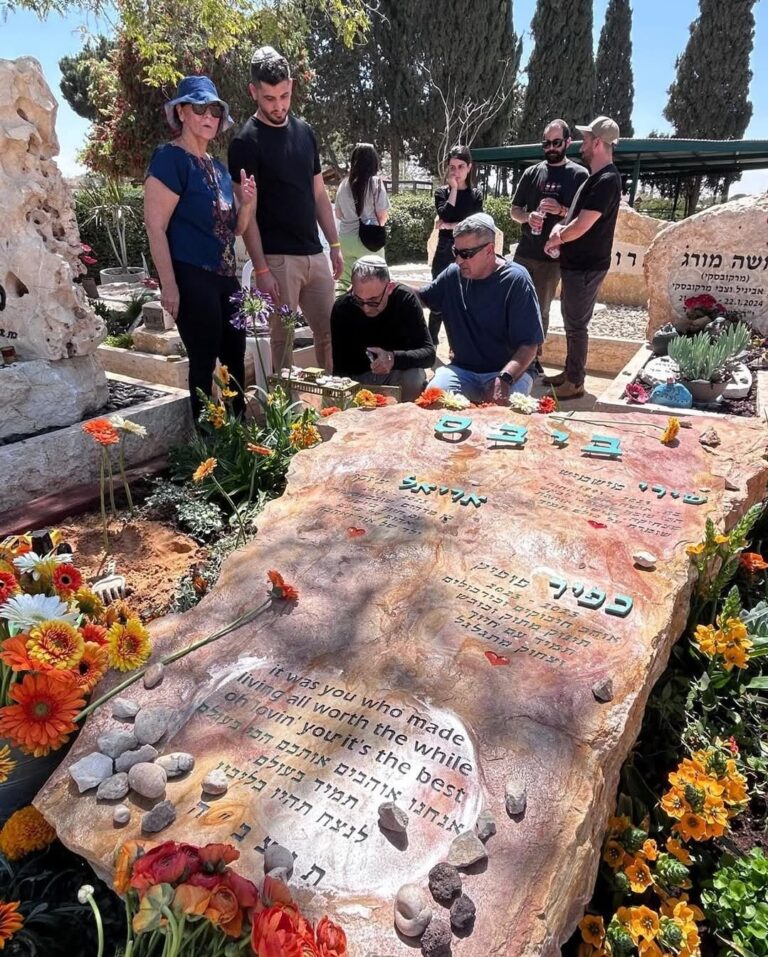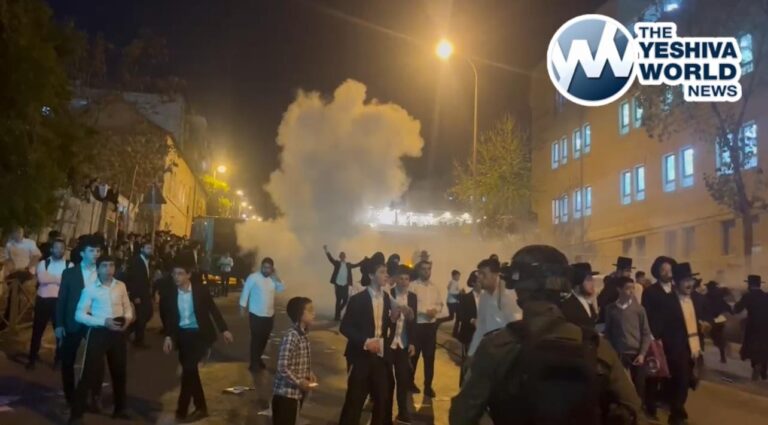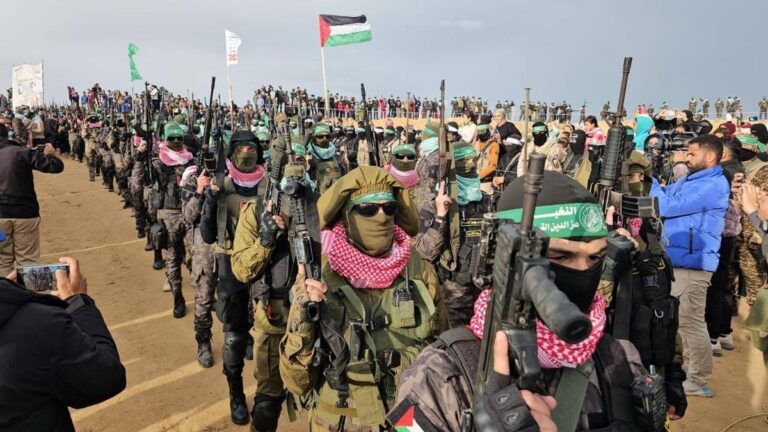Israel’s Health Ministry published instructions on Sunday for tending to a niftar who died from the coronavirus when the risk of infection is still present in the niftar’s body, B’Chadrei Chareidim reported.
A special team comprised of Chevra Kaddisha members who will undergo special training and be approved by the Religious Services Ministry or the Interior Ministry will be the only ones allowed by the Health Ministry to tend to coronavirus victims.
According to the ministry’s instructions, it won’t be possible to perform a tahara for the niftar. The team, who will be protected by special clothing, will wrap the body in two sealed bags in order to prevent the spread of the virus during the levaya.
There won’t be any restrictions placed on the participants at the levaya except for not touching the body of the niftar, which the Chevra Kadisha will ensure doesn’t happen.
STAY UPDATED WITH BREAKING UPDATES FROM YWN VIA WHATSAPP – SIGN UP NOW Just click on this link, and you will be placed into a group.
There will also be no need for the niftar to be buried in a special place after the body is wrapped in the two bags.
After the niftar is transported to the cemetery to be buried, the Chevra Kadisha’s car or ambulance will be thoroughly cleaned at the cemetery.
The Health Ministry has also placed restrictions on transferring niftarim from abroad for burial in Israel.
According to the ministry: “Every niftar transferred to Israel is suspected of carrying the coronavirus” and therefore the body will be required to be double-wrapped and placed in a coffin lined with metal. Also, no niftar will be allowed into Israel without an official document attesting to the cause of death and a burial certificate from the Health Ministry will be required before burial.
(YWN Israel Desk – Jerusalem)












3 Responses
During an Ebola epidemic that would be very wise.
Pretending that Covid 19 is equivalent to ebola makes as much sense as assuming that a 70 degree day in March means that shortly Brooklyn will have a tropical climate with palm trees growing in Boro Park and alligators roaming Prospect Park.
I cannot help but think that so many of these scenarios are reminiscent of what happened during the Holocaust. I do not know what to draw from that parallel.
The only thing that comes to mind is that as difficult as all these things are (shuls and yeshivos closed, hurried and small weddings, etc.), perhaps we have to thank Hashem for the rachamim involved – unlike during the Holocaust, we can daven and learn Torah in our homes without fear, our lives are not in the same danger as it was then, we are still free to go out and buy many things in a stores even if supplies are somewhat limited, we can still have burials in Jewish cemeteries, etc.
We are told how powerful it is to thank Hashem. It can bring nissim v’niflaos. So perhaps we can all make a concerted effort to THANK HASHEM for our situation even with the difficulties – what appears to be good and what appears to be not good – and b’ezras Hashem it will bring the yeshua we so desperately need. This is not easy, but what other choice do we have?
The Holocaust example in “Gold”‘s post is relevant. Consider if a teenage goy paints a swastika on a building and the response was to announce this was a new holocaust (everyone flee, hand out guns and prepare to shoot any police or soldiers you see, etc.). The alarmists are claiming this “epidemic” is similar to past ones in perhaps a third or more of the population will die horrible deaths, and whole communities may vanish. The facts so far suggest a worse-than usual “flu season” inconveniencing many who will miss a week of school or work, and a handful of those already sick or elderly will die (as routinely happens during flu season).
The world really isn’t about to come to an end, no matter how much the government trashes the economy in a bid to seize powers it has no need for.